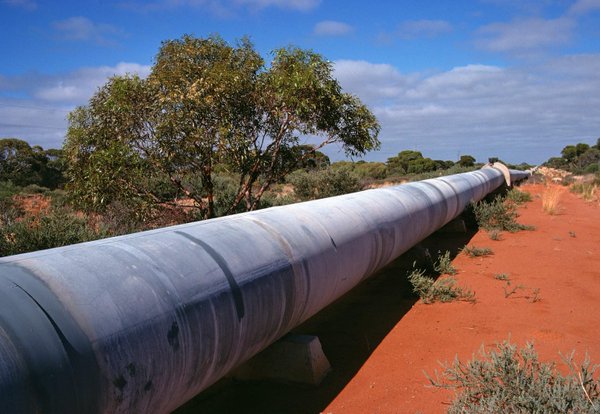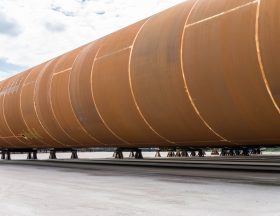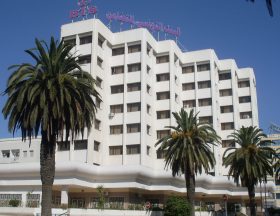Jordan is in a situation of chronic water stress. The average quantity of water per year and per inhabitant amounts to 97 m3, well below the absolute threshold of water scarcity defined at 500 m3. This figure places Jordan in second place among the most water-poor countries in the world!
Several bills lead to this situation, including a particularly limited water supply due to very low resources with little rainfall, drought and a 20% sharing of surface water with neighboring countries which does not give full control of these sources. to Jordan.
This supply does not meet growing demand, especially since the agricultural sector consumes more than half of water resources while it contributes only modestly to the creation of added value with 4% of GDP.
The significant demographic growth, driven by the massive reception of refugees and a dynamic birth rate, also weighs on these meager resources. The result of this demand far exceeding supply is a water deficit, estimated by the IMF at 180 M3/year.
The financial situation of the sector is worrying
The total water sales revenue of the public entity in charge of water management, the Water Authority of Jordan (WAJ) and the three distribution companies represent only 50% of their expenditure. The country is marked by high levels of physical and commercial losses (non-revenue water) estimated at 50%.
The rates applied are also particularly low. For every 1 JOD ($1.4), the operator spends 3 JOD ($4.2) to extract, treat, pump and supply water.
The sector’s public deficit would reach $544 million, or 1.2% of GDP.
To restore balance in the sector, a roadmap for the financial sustainability of the water sector (FSR) has just been approved by the government.
Particularly awaited by the donor community, the FSR aims in particular to recover operating costs by 2025.
The action plan includes a reduction in NRW, an upward revision of water tariffs, energy efficiency measures as well as a reduction in inefficiencies associated with the agricultural sector.
The country will have to diversify its sources of supply in order to avoid a severe shortage
The “National Conveyor” water desalination megaproject, which should bring 300 million m3 of additional water per year from 2028, has been defined as a national priority by the Jordanian authorities.
However, the launch of the project has been delayed and its investment cost has been revised upwards.
Regional cooperation also offers additional options. Jordan already imports 50 million m3 from Israel as part of the peace agreements, with which it has also just signed a “water for energy” agreement which also involves the United Arab Emirates.
Source : Economic Service of Jordan, French Embassy in Lebanon











Réagissez à cet article